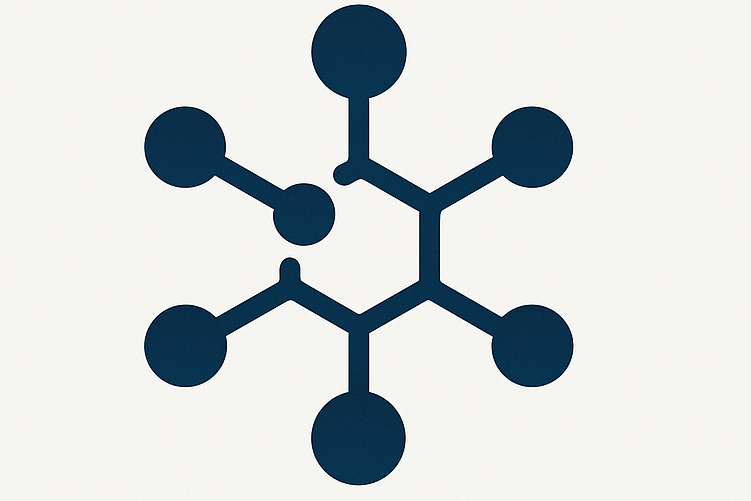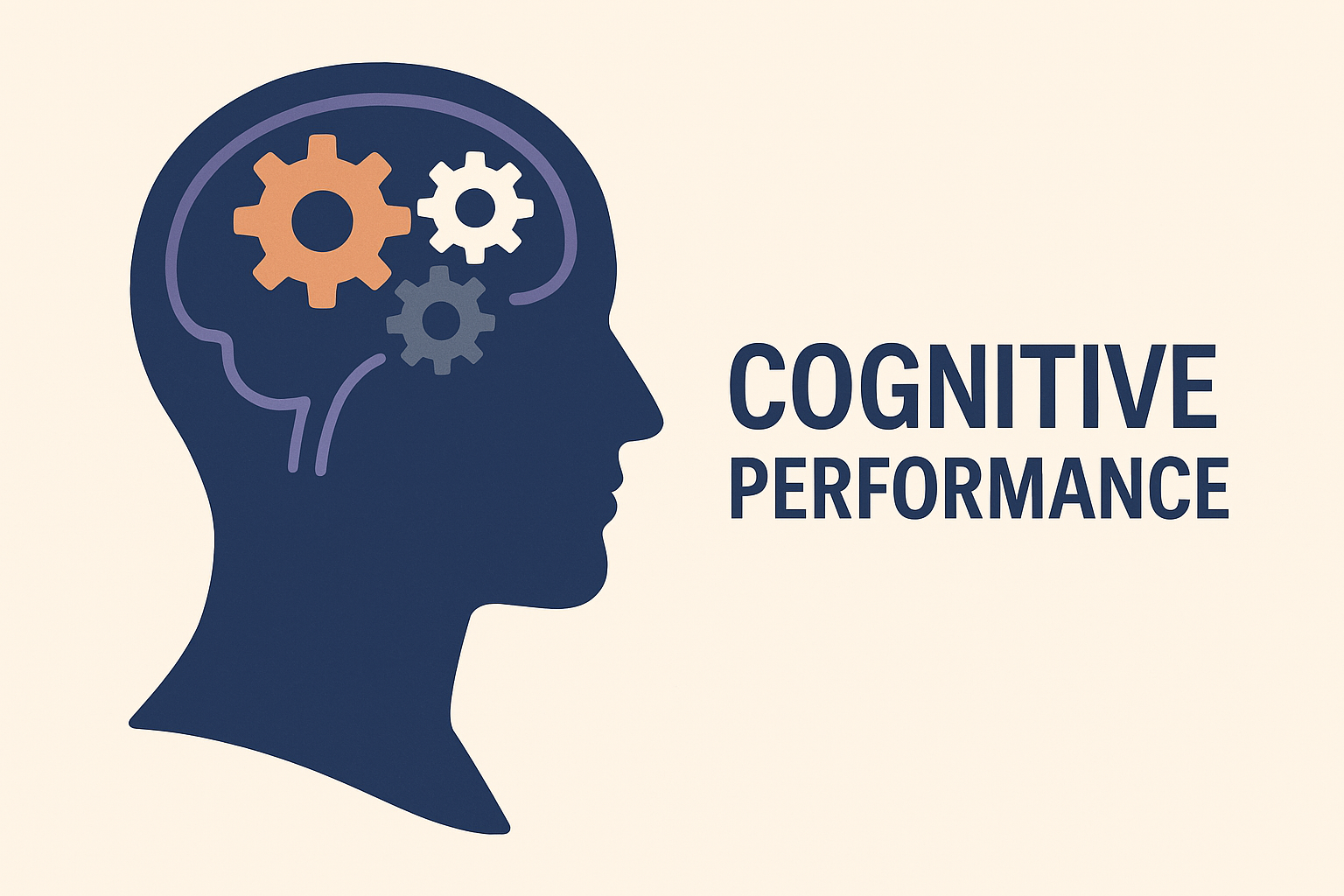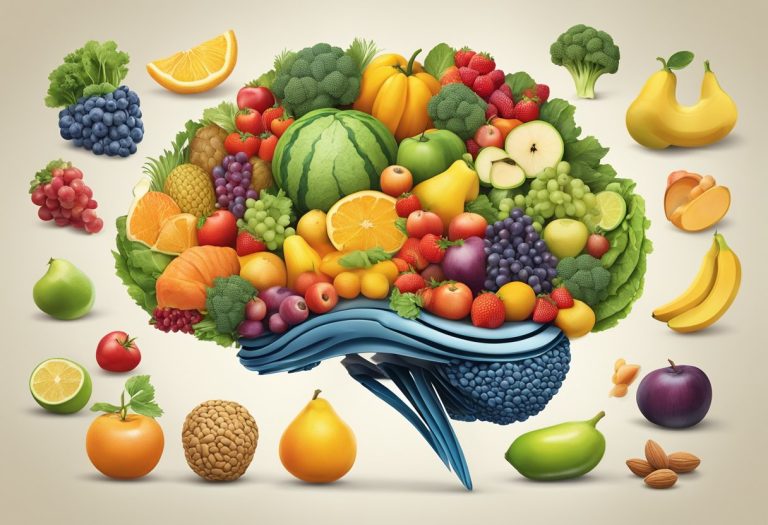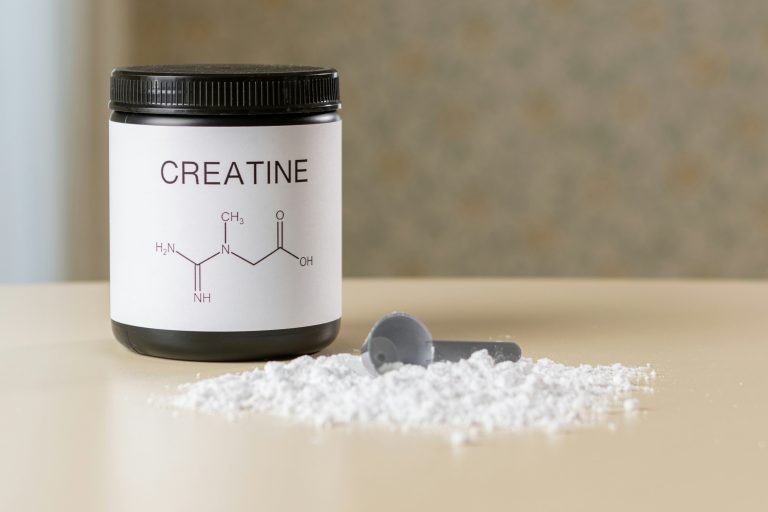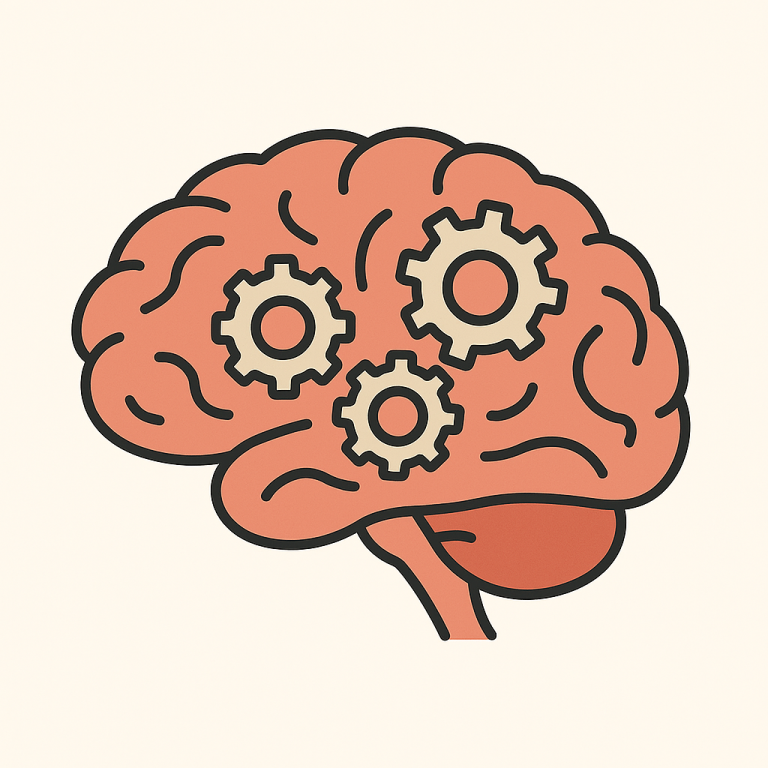Best Nootropics: Enhance Your Cognitive Performance
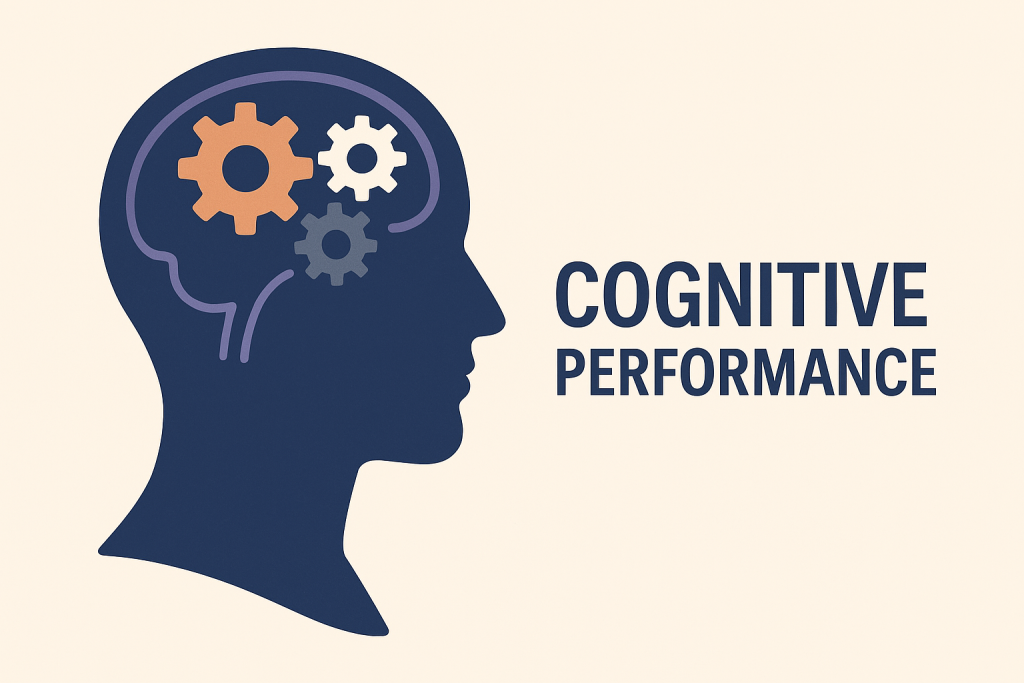
In the pursuit of enhanced cognitive function and brain health, nootropics have captured the interest of many.
These substances, sometimes called “smart drugs” or cognitive enhancers, range from everyday caffeine to specific supplements aimed at boosting mental performance.
For those seeking the best options, several nootropics stand out for their effectiveness and safety.

Natural nootropics include well-known herbs like Bacopa Monnieri and Ginkgo Biloba, which have been traditionally used to support brain health.
Meanwhile, synthetic options such as caffeine paired with L-theanine are popular for boosting focus and alertness without causing jitteriness.
Prescription nootropics are available too, but they often require a doctor’s guidance due to their potency.
Whether through natural or synthetic means, people often explore nootropics to improve their concentration and mental clarity.
When selecting a nootropic, it’s crucial to consider personal needs and existing research about their effects and safety.
More information can be found at WebMD, which provides an overview of various types of nootropics.
Understanding Nootropics

Nootropics, often called “smart drugs,” are substances that aim to enhance cognitive functions like memory, focus, and creativity.
These compounds come in various forms, including supplements and pharmaceuticals. They work through different mechanisms in the brain to improve mental performance.
Definition and History
The term “nootropic” was first introduced by a Romanian psychologist and chemist in the 1970s. It describes substances that enhance cognitive function without causing harm.
Initially, these were mainly synthetic compounds, but now the category includes many natural options.
Smart drugs and brain supplements have grown popular for their potential benefits.
Over time, nootropics have expanded in definition to include a wide array of compounds that aid cognitive enhancement.
This evolution reflects ongoing research and interest in maximizing mental potential.
Types of Nootropics
Nootropics can be divided into several categories.
Synthetic nootropics like piracetam and Noopept are well-known for their brain-enhancing properties.
There are also prescription medications considered nootropics, such as those for ADHD, which help with focus.
Natural supplements form another group.
Popular examples are caffeine and ginkgo biloba, known for their effects on alertness and memory.
Many users prefer natural options, seen as safer and free of synthetic side effects.
The diversity of nootropic types allows individuals to choose based on their needs and preferences.
Mechanisms of Action
Nootropics work through various pathways in the brain.
Some increase the production of neurotransmitters, chemicals responsible for transmitting signals in the brain.
For instance, acetylcholine is crucial for memory and learning, and some nootropics enhance its production.
Others improve blood flow, delivering oxygen and nutrients more efficiently to brain cells.
This action can enhance mental clarity and concentration.
Some nootropic supplements, like those containing antioxidants, protect the brain from damage by neutralizing free radicals.
Key Benefits of Nootropics

Nootropics offer several advantages for mental performance and well-being. These compounds can aid in enhancing memory and concentration, managing mood and stress, and providing protection against age-related cognitive decline.
Cognitive Enhancement
One of the primary advantages of nootropics is their ability to improve various aspects of cognitive function.
They are known for enhancing memory recall, which can help in academic settings or memory-intensive tasks.
These substances also play a role in boosting concentration and mental clarity, making it easier for individuals to focus on tasks for extended periods.
Certain nootropics increase alertness and can help in maintaining a high level of productivity.
For those recovering from brain injuries, some nootropics may aid in regaining cognitive abilities.
However, it’s essential to choose the right type and dosage to maximize these benefits.
Mood and Stress Regulation
Nootropics can also positively affect mood and stress levels.
These substances may help in maintaining a balanced mood by influencing neurotransmitters in the brain.
They can be used to reduce anxiety and stress, which are common barriers to effective cognitive performance.
For instance, certain nootropics enhance the production of serotonin and dopamine, which are crucial for mood regulation.
These effects can lead to an increase in motivation and overall mental well-being.
People under stress or experiencing mood fluctuations may find these benefits particularly useful for maintaining productivity and clarity.
Neuroprotection and Aging
Another significant benefit of nootropics is their role in neuroprotection and combating the effects of aging on the brain.
As people age, cognitive decline becomes a concern, with issues like memory loss becoming more prevalent.
Some nootropics support brain health by protecting neurons and enhancing synaptic plasticity.
These substances may also help in slowing the progression of age-related disorders like Alzheimer’s disease.
By maintaining brain health, nootropics can contribute to a longer-lasting, healthier cognitive state.
This makes them an attractive option for those looking to preserve their mental faculties over time.
Popular Nootropic Ingredients
Nootropics, also referred to as “smart drugs,” can boost brain performance and cognitive functions.
Popular nootropic ingredients include both natural and synthetic options, each offering unique benefits and effects.
Natural Nootropics
Natural nootropics are derived from plants and foods.
Caffeine, found in coffee and tea, is one of the most common. It helps increase alertness and focus.
When combined with L-Theanine, an amino acid found in tea, it promotes calmness without causing drowsiness.
Bacopa Monnieri is an herb thought to improve memory and learning, while Rhodiola Rosea combats stress and fatigue.
Ginkgo Biloba is famous for enhancing memory and supporting brain health, especially in older adults.
Panax Ginseng and Ashwagandha may reduce stress and improve well-being.
Lion’s Mane, a type of mushroom, is believed to enhance mood and boost mental clarity.
Synthetic Compounds
Synthetic nootropics are man-made and often used for enhanced cognitive performance.
Modafinil is popular for boosting alertness and reducing fatigue. It’s used by individuals needing to stay awake for extended periods.
Noopept is another synthetic option promoting mental clarity and focus.
Some people turn to prescription-strength options like Adderall, which stimulates the brain to help with attention and concentration issues.
Compounds like Phosphatidylserine support memory and mental processing speed.
Meanwhile, Acetyl-L-Carnitine and Alpha Brain are used to enhance focus and energize the mind.
These options often come with specific dosage requirements and potential side effects, so caution is advised.
Analyzing the Effects of Nootropics
Nootropics are known for their potential to enhance various aspects of mental performance and mood. They can improve skills like concentration, learning, and creativity, while also supporting mental health by reducing anxiety and mental fatigue.
Cognitive Function and Performance
Nootropics aim to boost cognitive abilities such as alertness, concentration, and attention.
These substances are used by individuals seeking to improve learning and thinking processes.
Some studies note that nootropics like certain dietary supplements may reinforce neurotransmitter activity, supporting memory and creativity.
Nootropics, often called “smart drugs,” include ingredients that work on brain chemicals like dopamine.
This can enhance motivation and mental alertness, possibly increasing focus during tasks.
For a deeper understanding of these effects, learn more about how nootropics can impact brain activity and boost cognitive performance at the Alcohol and Drug Foundation.
Mental Health and Wellbeing
Beyond cognitive enhancements, some nootropics also offer benefits for mental health.
They can help in reducing symptoms of anxiety, depression, and even brain fog.
Users might experience less mental fatigue, which could improve their overall wellbeing.
Certain nootropics are known for their ability to balance neurotransmitters, which can alleviate stress and boost mood.
The impact of nootropics on mental health includes improvements in emotional stability and decreased feelings of nervousness.
For further information on nootropics and mental health, this article from WebMD provides valuable insights.
Potential Side Effects and Risks
Nootropics, or smart drugs, can offer cognitive benefits but also come with possible side effects and risks. It is crucial to understand interactions with medications and potential health concerns.
Interactions with Medications
Nootropics can interact with various medications, potentially causing adverse effects.
For instance, those combined with blood pressure drugs might exacerbate blood pressure issues.
People on antidepressants should exercise caution due to possible mood changes.
Medications for heart conditions may also conflict with nootropics, affecting heart rate or circulation.
Consulting a healthcare professional is vital before starting any nootropic regimen, especially for individuals on existing medication.
Short- and Long-Term Health Concerns
Short-term side effects of nootropics include insomnia, blurry vision, or dizziness. Although often mild, these can be disruptive.
Long-term use raises concerns around addiction, especially with stimulant-like nootropics.
Extended exposure might affect the heart, with risks like irregular heartbeats or inflammation of heart valves.
There might also be an impact on neuroprotective effects if oxidative stress increases.
Monitoring health closely and seeking medical advice can help address these risks.
Optimizing Nootropic Use for Different Goals
Effectively using nootropics involves understanding how different compounds aid specific objectives, like enhancing productivity or improving physical endurance.
Enhancing Academic and Work Performance
Nootropics geared towards improving concentration and attention span are beneficial in academic and work settings.
Caffeine is well-known for increasing alertness and energy. Pairing caffeine with L-Theanine can help reduce the jittery side effects of caffeine, leading to improved focus and short-term memory.
Bacopa Monnieri is another choice, purported to support memory function and cognitive performance over time.
For people needing to stay attentive during long study or work sessions, these nootropics might enhance productivity by boosting energy levels without the crash associated with some stimulants.
Sports and Physical Endurance
Athletes may seek nootropics that bolster energy and reactive time.
Rhodiola Rosea is believed to reduce fatigue and improve endurance, helping athletes maintain peak performance under stress. Creatine supports the brain’s ATP levels, which can aid both physical strength and mental energy.
For those focused on quick decision-making and reactive performance in sports, some studies suggest that enhancing brain-derived neurotrophic factor (BDNF) might positively impact reaction times.
Compounds like these could help athletes meet and exceed their endurance and performance goals, ensuring they remain alert and focused during competitions.
Lifestyle and Aging Considerations
As people age, maintaining cognitive health becomes more important. Older adults often prioritize nootropics that support long-term brain health.
Ginkgo Biloba is thought to improve circulation and support brain function in aging individuals. It might aid in maintaining memory and focus.
Additionally, promoting BDNF could support neuroplasticity, helping maintain mental sharpness with age.
It’s vital that older adults choose nootropics that favor long-term cognitive support, ensuring sustained mental alertness and vitality while minimizing potential side effects. This approach can contribute to a healthy, active lifestyle as one ages gracefully.
Comparing Nootropics with Other Stimulants
Nootropics and other stimulants like caffeine and ADHD medications can boost focus and concentration, but they work differently.
Nootropics are often more subtle, while stimulants may have quicker, more intense effects.
Caffeine and Energy Drinks
Caffeine is a widely used stimulant found in coffee, green tea, and energy drinks. It increases alertness by blocking adenosine, a neurotransmitter that makes people feel sleepy. This leads to a temporary boost in energy and focus.
Energy drinks often contain high levels of caffeine along with sugar and other ingredients to enhance their effects.
However, frequent consumption can lead to tolerance, meaning more is needed over time to achieve the same effects. Some users experience jitters, anxiety, or disrupted sleep.
These drawbacks are less common with natural nootropics, making them a gentler choice for long-term use.
Prescription ADHD Medications
Prescription ADHD medications like Adderall and Ritalin are strong stimulants. They increase dopamine levels in the brain, which helps improve attention and focus.
These medications are effective for those with ADHD but can have significant side effects for others, such as increased heart rate, anxiety, or sleeping problems.
While they offer powerful cognitive enhancements, they are not without risks.
Unlike these medications, many nootropics offer cognitive support without such intense side effects. This makes nootropics an appealing choice for individuals looking for brain enhancements without the potential drawbacks of prescription ADHD medications. They support cognitive health while maintaining balance in the brain’s chemistry.
Guide to Choosing the Right Nootropics
Choosing the right nootropics involves careful evaluation based on personal needs and considerations around quality and safety.
It’s essential to find supplements that support cognitive functions, such as memory and focus, while ensuring they align with health goals.
Considering Individual Needs and Health
When selecting nootropics, personal health needs and goals are crucial.
People looking to boost cognition might prioritize ingredients that impact neurotransmitter production.
For instance, L-theanine, often combined with caffeine, improves focus while reducing drowsiness.
Individuals prone to inflammation may benefit from nootropics with anti-inflammatory properties.
Ingredients like turmeric provide antioxidant support, potentially enhancing brain health.
Consulting with a healthcare provider ensures safety, especially if current health conditions or medications might be affected.
Dietary preferences also play a role in choosing nootropics. Vegan or allergen-free options are available for those with dietary restrictions.
Nootropics come in various forms, like capsules or powders, making it possible to integrate them into daily routines easily.
Understanding these personal factors can help individuals tailor their choice for optimal brain health.
Quality and Brand Reputation
Examining the quality and reputation of nootropic brands is a vital step in making the right choice.
Reputable brands undergo third-party testing to verify the safety and effectiveness of their supplements. This ensures that the ingredients listed are accurate and that products are free from harmful contaminants.
Brands with a solid reputation often share transparent information about their manufacturing processes and ingredient sourcing.
Consumers should look for companies with positive reviews and endorsements from healthcare professionals.
It’s wise to avoid brands that make exaggerated claims or lack scientific backing.
Labels should be checked for certification seals like GMP (Good Manufacturing Practices) to guarantee quality.
Selecting nootropics from established brands assures that products meet rigorous standards and contribute to safe usage and optimal cognitive enhancement.
Incorporating Nootropics into a Healthy Lifestyle
Incorporating nootropics into a balanced lifestyle can enhance brain health and support natural cognitive processes. Good habits in diet, exercise, and sleep routines work together to optimize the benefits of nootropics.
Diet and Exercise
A healthy diet and regular physical activity are crucial when using nootropics.
Foods rich in omega-3 fatty acids, like fish and flaxseeds, support brain health.
Amino acids from lean proteins can enhance neurotransmitter production, aiding in focus and creativity.
Dietary supplements such as B-vitamins and antioxidants enrich this balance, potentially reducing the risk of Alzheimer’s by protecting brain cells.
Exercise is equally important.
Activities that increase blood flow, like cardio or yoga, can complement nootropic use by improving cognitive function and alleviating fatigue.
Consistent physical activity supports a steady flow in daily tasks, contributing to better mental clarity.
Sleep and Recovery
Adequate sleep is vital for maximizing the benefits of nootropics.
A consistent sleep schedule aids in recovery, allowing the brain to process the experiences and learning of the day.
Quality sleep cycles prevent excessive fatigue and ensure that nootropics work effectively, maintaining alertness and memory.
Mindfulness practices, like meditation before bed, can enhance relaxation and help in the transition to sleep.
These practices support a healthy lifestyle by reducing stress, promoting optimal brain function, and enhancing the flow of creative thoughts.
